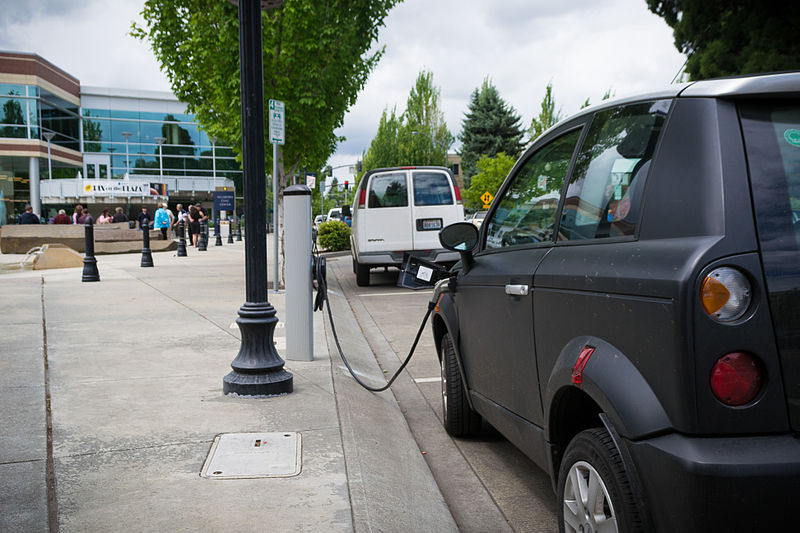Buying a home is a significant milestone in many people’s lives, representing stability, security, and a sense of accomplishment. However, for most individuals, purchasing a house involves navigating the complex world of financing. Understanding the various aspects of financing a home is crucial for future homeowners to make informed decisions and secure the best possible deal. From obtaining a mortgage to managing ongoing expenses, there are several key factors to consider when embarking on the journey of homeownership. In this article, we’ll delve into what future homeowners need to know about financing a house, providing insights and tips to help navigate this important process successfully.
Understanding Mortgage Options
When it comes to financing a house, mortgages are the most common route for many buyers. It’s essential to understand the different types of mortgages available and their implications. Fixed-rate mortgages offer stability, with the interest rate remaining constant throughout the loan term, while adjustable-rate mortgages (ARMs) may start with lower rates but can fluctuate over time. Additionally, government-backed loans such as FHA, VA, and USDA loans have specific eligibility criteria and benefits. Prospective buyers should carefully assess their financial situation and long-term goals to determine the most suitable mortgage option for their needs. For assistance in evaluating affordability and determining a comfortable budget, prospective buyers can turn to resources such as the HSH home affordability calculator for example. This tool provides insights into monthly payments and affordability thresholds, aiding in the decision-making process. Sometimes, when time is of the essence, particularly in competitive markets, bridge loans for property developers can be an essential tool, offering quick access to capital needed to secure new opportunities.
Assessing Financial Readiness
Before diving into the home-buying process, future homeowners must assess their financial readiness. This involves evaluating credit scores, debt-to-income ratios, and savings for a down payment and closing costs. Lenders use these factors to determine eligibility and interest rates for mortgages. Improving credit scores, reducing debt, and saving for a larger down payment can help secure better loan terms and lower monthly payments. Moreover, creating a budget to assess affordability and estimating future homeownership costs, including property taxes, insurance, and maintenance, is crucial for long-term financial planning.
Pre-Approval vs. Pre-Qualification
Many homebuyers confuse pre-approval with pre-qualification, but these terms have distinct meanings in the mortgage process. Pre-qualification is an informal assessment based on self-reported financial information, providing an estimate of how much a buyer might qualify to borrow. On the other hand, pre-approval involves a thorough review of the buyer’s financial documents by a lender, resulting in a conditional commitment for a specific loan amount. While pre-qualification can offer a general idea of affordability, pre-approval carries more weight in the eyes of sellers and strengthens the buyer’s negotiating position.
Down Payment Options
One of the biggest challenges for many prospective homebuyers is saving for a down payment. While a traditional down payment typically ranges from 5% to 20% of the home’s purchase price, there are alternative options available to help buyers with limited funds. Government programs, such as FHA loans, allow for down payments as low as 3.5%, while VA loans offer zero-down financing for eligible military veterans. Additionally, some lenders offer conventional loans with down payment assistance programs or accept gifts from family members to cover a portion of the down payment. Understanding these options can make homeownership more accessible to a wider range of buyers.
Closing Costs and Additional Fees
In addition to the down payment, homebuyers must budget for closing costs and other fees associated with purchasing a house. Closing costs typically range from 2% to 5% of the home’s purchase price and include expenses such as loan origination fees, appraisal fees, title insurance, and attorney fees. Buyers should request a Loan Estimate from their lender, which outlines all expected closing costs, to avoid surprises at the closing table. It’s essential to factor these expenses into the overall budget to ensure affordability and prevent financial strain after purchasing the home.
Long-Term Financial Planning
Owning a home involves more than just monthly mortgage payments. Future homeowners must consider the long-term financial implications of homeownership, including property taxes, homeowners insurance, and ongoing maintenance and repairs. Creating a comprehensive budget that accounts for these expenses is essential for maintaining financial stability and avoiding foreclosure. Moreover, for those with substantial assets, incorporating strategies for ultra-high-net-worth planning into this budget can ensure that all facets of their financial estate are managed wisely. Additionally, building an emergency fund to cover unexpected costs and planning for future expenses such as home renovations or upgrades can help homeowners stay financially prepared for any eventuality.
Financing a house is a multifaceted process that requires careful consideration and planning. From understanding mortgage options to assessing financial readiness and budgeting for long-term expenses, future homeowners must be proactive in their approach to homeownership. By educating themselves about the various aspects of financing and seeking guidance from experienced professionals, prospective buyers can navigate the homebuying journey with confidence and secure the keys to their dream home. Remember, buying a home is not just a financial transaction—it’s an investment in your future and a place to call your own.






